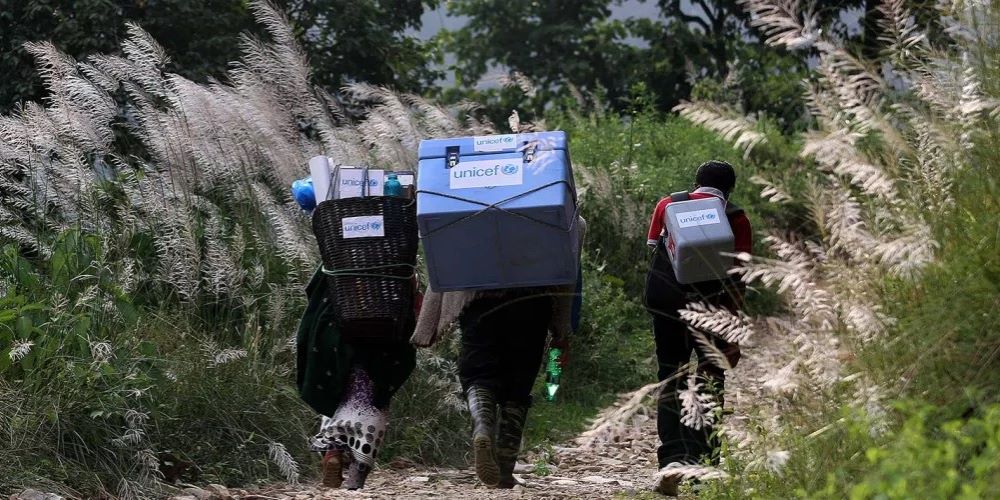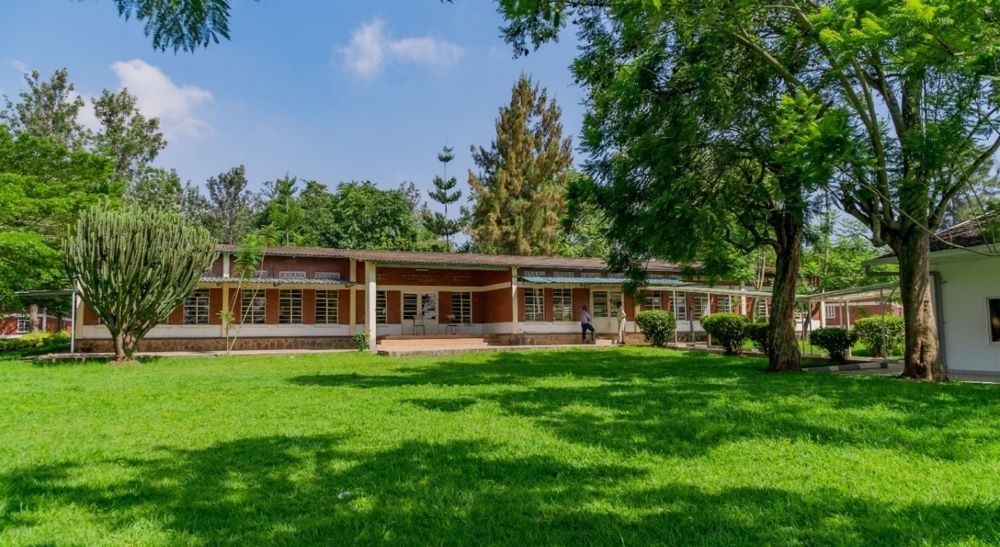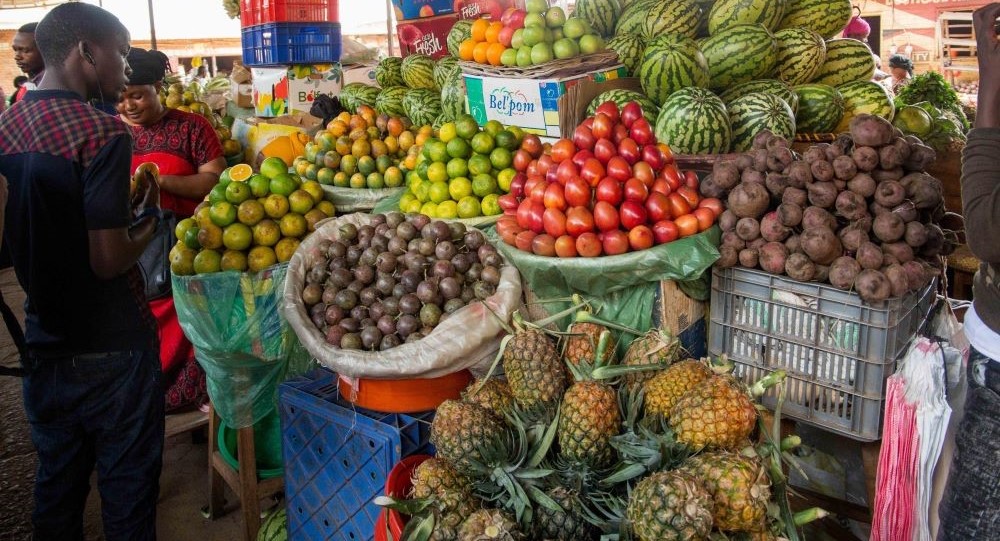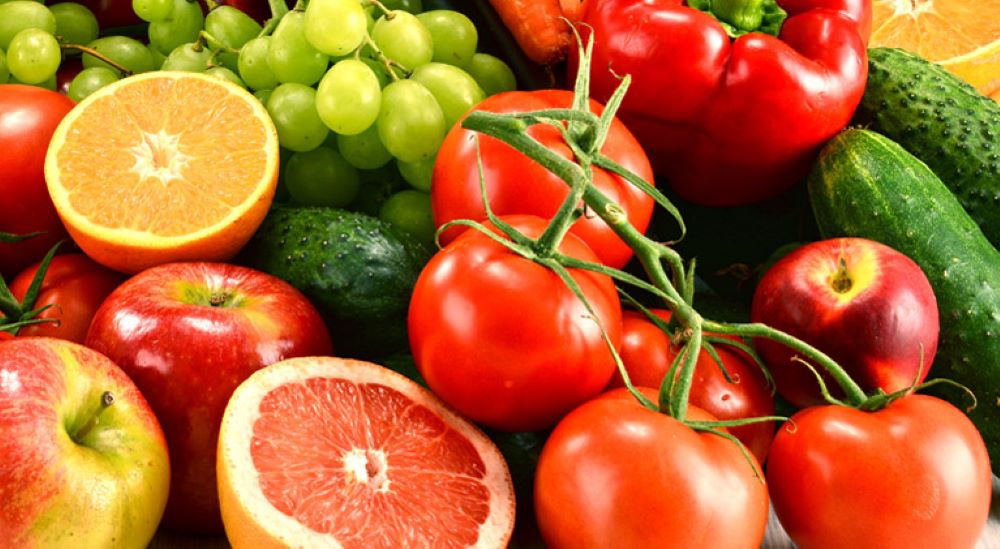As Rwanda prepares to host the festival of cooling from slated between October 6 and10, 2025, the conversation goes far beyond air conditioners and refrigerators.
This gathering, the first of its kind worldwide, positions Kigali at the center of a debate that is both urgent and transformative, providing solutions on how sustainable cooling can reshape the way societies secure food, deliver healthcare, and adapt to climate change.
Across Africa, farmers lose millions of tonnes of produce each year because they lack cold storage and reliable transport. In Rwanda alone, as much as 40 percent of fruits and vegetables spoil after harvest, never reaching markets.
For families relying on agriculture, these losses translate into reduced incomes, wasted labor, and fragile food security.
Similarly, vaccines, blood supplies, and essential medicines depend on cold chains that keep them safe and effective. Without reliable refrigeration, health systems are left vulnerable, and patients face preventable risks.
With Africa’s population booming and global temperatures rising, these challenges will only intensify. By 2050, the continent’s cooling needs are expected to triple, making sustainable solutions not just desirable, but indispensable.
It is this reality that the Africa Centre of Excellence for Sustainable Cooling and Cold-chain (ACES) in Rubirizi seeks to confront. By hosting the festival, ACES aims to shift perceptions of cooling from a background service to a frontline driver of resilience and opportunity.
“Rwanda is very proud to host the ACES here in Rubirizi. This Centre is not only serving our country, but the whole of Africa and beyond. By hosting the Festival of Cooling, we are creating a platform to reimagine cooling as a driver of resilience, opportunity, and sustainable development,” said Dr. Bernadette Arakwiye, Rwanda’s Minister of Environment.

From luxury to lifeline
The festival will unfold over five days, each dedicated to a different sector. Farmers and value chain actors will see demonstrations of cold rooms and transport solutions that can help them cut waste and raise incomes.
Health professionals will learn about renewable-powered cold chains that keep vaccines viable even in remote areas. Schools and universities will discover how the science of cooling can inspire new careers for young people.
Entrepreneurs and startups will pitch climate-smart ideas, while policymakers and investors will discuss the financial and regulatory frameworks needed to scale solutions.
What makes this event unique is its hands-on approach. Beyond panels and discussions, there will be exhibitions, competitions, and case studies that bring the impact of cooling to life.
Visitors will see how solar-powered refrigeration can transform a rural clinic, or how digital monitoring tools can help a farmer track the freshness of their produce from field to market.
But the story does not end with technology. The festival also highlights the social and economic dimensions of cooling. By reducing food loss, cooling can strengthen food security and stabilize prices.
By protecting vaccines, it can save lives. And by creating new business opportunities, it can open doors for youth employment and entrepreneurship.

A platform for Africa and the world
For Rwanda, this festival is more than a showcase, it is an indicator that country has built a reputation as a hub of climate innovation, from green cities to clean energy investments. Hosting the festival signals Rwanda’s readiness to lead conversations that matter not just to Africa, but to the world.
The festival also serves as a reminder that the solutions to global challenges can come from places often overlooked. By convening farmers, health workers, students, researchers, and global leaders in Kigali, the event underscores that sustainable cooling is not an abstract concept but a lived necessity.
As the world looks ahead to rising temperatures and growing populations, Rwanda is turning its attention to a simple yet powerful idea that cooling is not a luxury. It is a lifeline, one that could define the future of food, health, and climate resilience for generations to come.

